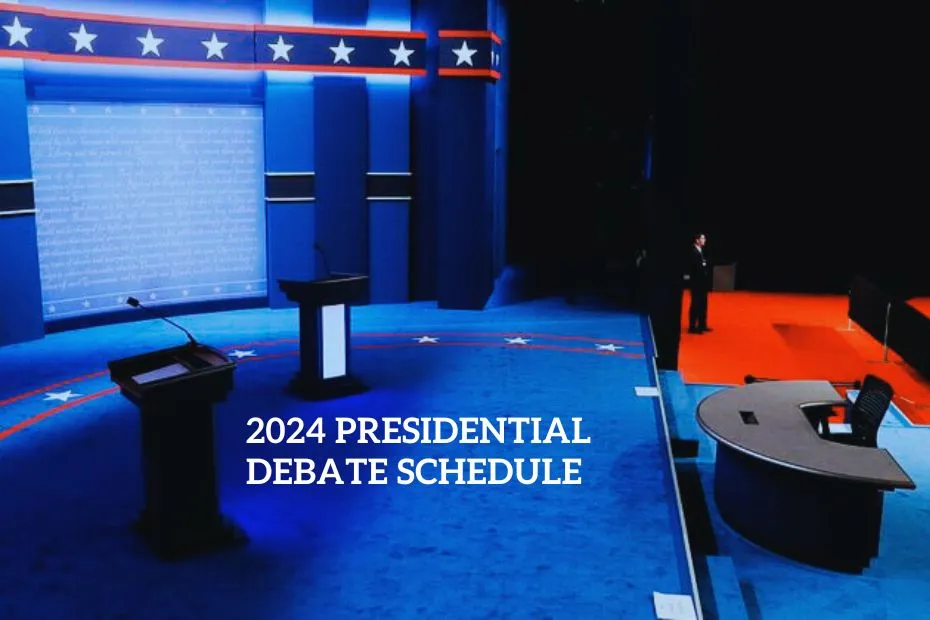Impact of Presidential Debates on Public Opinion: Presidential Debate Dates

Presidential debates play a crucial role in shaping public perceptions of candidates and influencing voter preferences. They provide a platform for candidates to present their policies, engage in direct confrontation with their opponents, and connect with voters on a personal level. The impact of these debates extends beyond the immediate event, shaping the overall campaign narrative and influencing the trajectory of the election.
Debates and Candidate Perceptions, Presidential debate dates
Debates offer voters a unique opportunity to observe candidates in action, gauging their ability to articulate their positions, respond to pressure, and connect with the audience. A candidate’s performance in a debate can significantly impact public perceptions of their competence, leadership qualities, and trustworthiness.
For example, in the 2020 US presidential debates, Joe Biden’s calm and measured demeanor was seen by many as a contrast to Donald Trump’s aggressive and often disruptive approach. This contrast in style and temperament influenced how voters perceived the candidates’ suitability for the presidency.
Moreover, debates can highlight specific policy positions and provide voters with a deeper understanding of candidates’ stances on key issues. This can be particularly impactful for undecided voters who are still forming their opinions.
Debate Performance and Voter Preferences
Studies have shown that debate performance can have a significant impact on voter preferences, particularly among undecided voters. Research by the Pew Research Center found that voters who watched the 2016 presidential debates were more likely to have a favorable view of the candidate they perceived as performing better.
Additionally, debates can influence the way voters prioritize certain issues. A candidate who effectively articulates their stance on a particular issue during a debate can increase its salience in the minds of voters. This can lead to a shift in voter priorities, as they become more focused on issues that were highlighted during the debate.
Debates and Campaign Narrative
Presidential debates can have a significant impact on the overall campaign narrative. A strong performance in a debate can generate positive media coverage and momentum for a candidate’s campaign. Conversely, a poor performance can lead to negative press and a loss of public support.
For example, the 2016 US presidential debates saw several moments that shaped the campaign narrative. Hillary Clinton’s perceived lack of energy in the first debate was widely discussed in the media, while Donald Trump’s performance in the second debate, which was seen as more controlled and presidential, helped to solidify his support among Republican voters.
While we wait for the official announcement of presidential debate dates, it’s a good time to consider the impact of upcoming policy changes. For example, the 2025 social security cola increase could have significant implications for many Americans. Once the debate schedule is released, we’ll be able to better assess how these issues are addressed by the candidates.
While the presidential debate dates are important for the future of our nation, let’s take a moment to appreciate the talent of a different kind of leader: alex highsmith , the Pittsburgh Steelers’ edge rusher. His dedication and skill on the field are inspiring, reminding us that leadership can come in many forms.
Back to the debates, we can all agree that informed citizens are essential for a strong democracy, and the debates provide a platform for critical dialogue and understanding.
